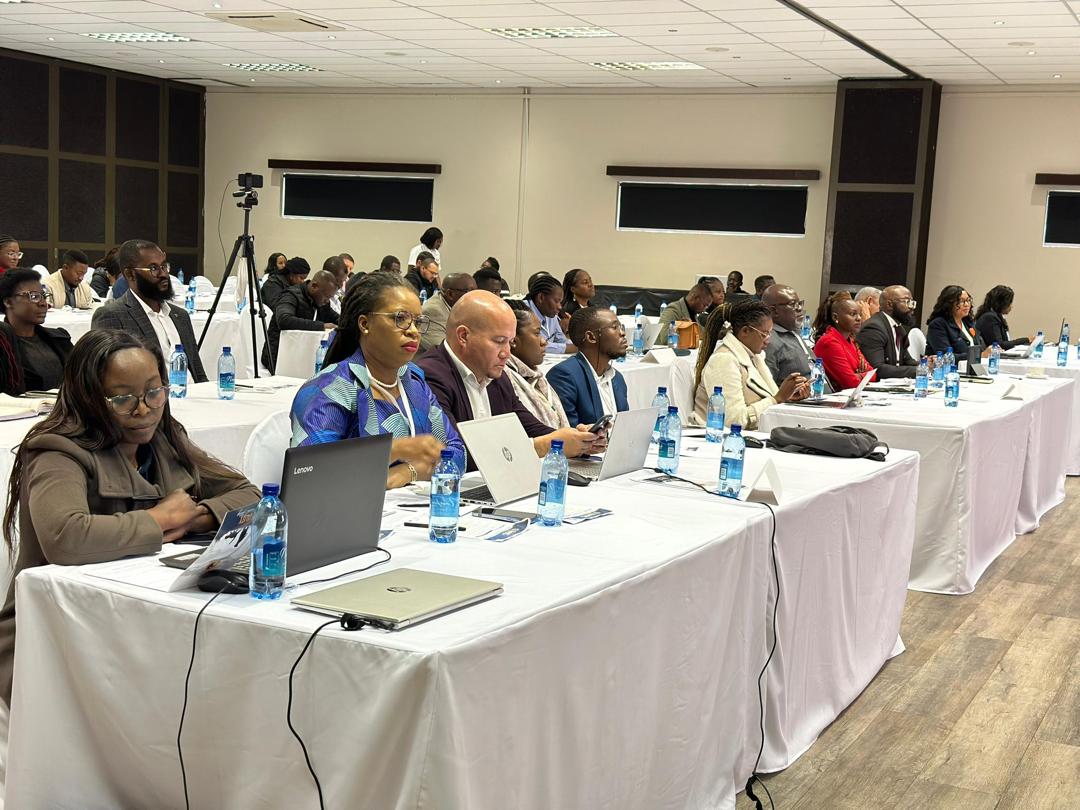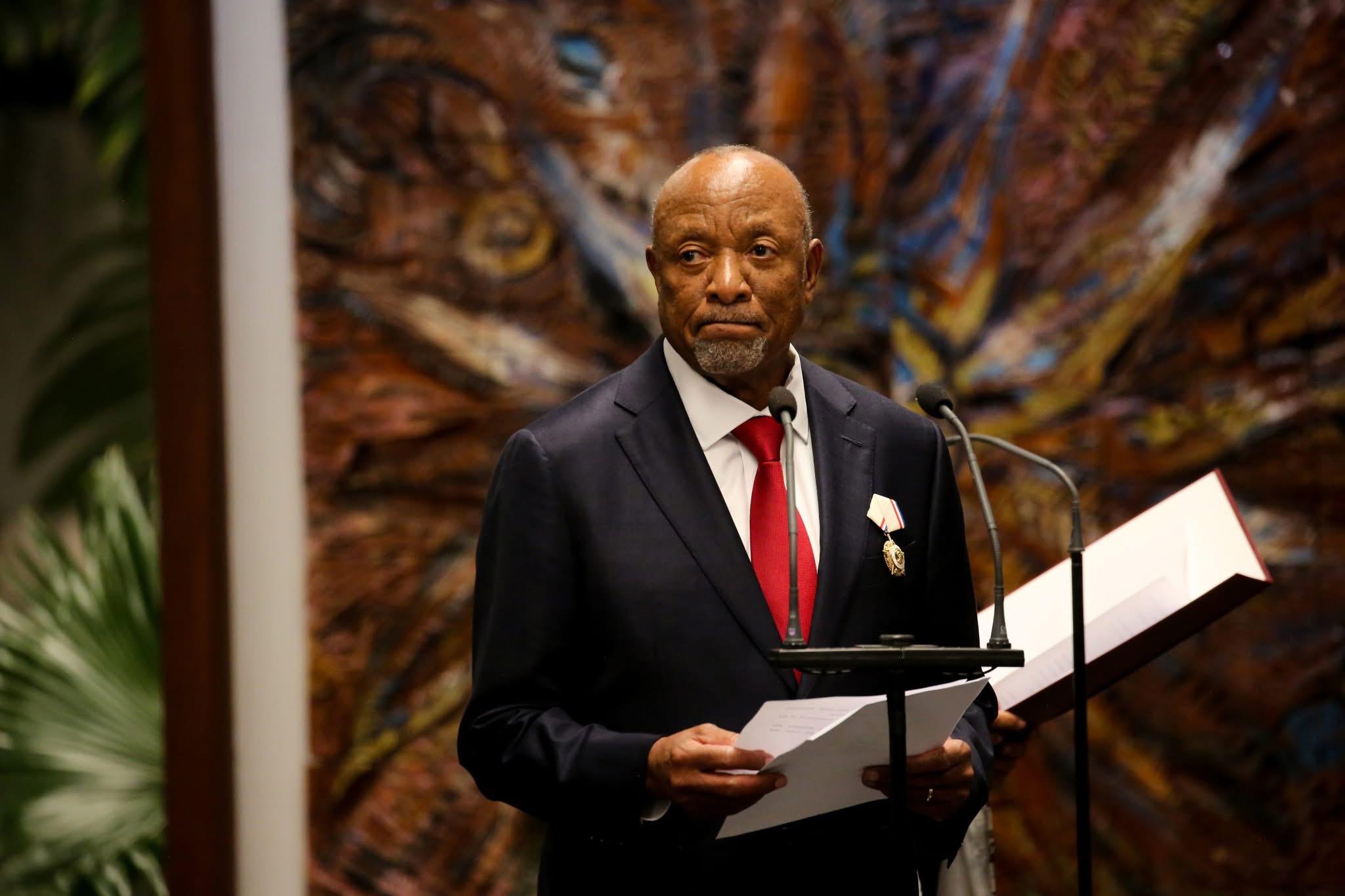The government says 2,7 million cyber attacks were recorded in 2022, with 7 000 attacks on a daily basis.
This alarming statistic calls for the strengthening of cyberspace and online platforms.
These statistics were shared at the first Namibia International Cybersecurity Conference and Exhibition that kicked off yesterday.
The three-day conference is a proactive attempt to reduce cyber attacks and ensure that national security, economic stability and the privacy of individuals is protected.
Organising committee chairperson Paulinus Sheehama said the conference aims to create collaborative measures to tackle the ever-evolving cyber security threats.
“The conference is on the emerging cyber security threats and the nation’s preparedness to build a safer digital space for all our institutions and citizens. Together we can fortify our defences and advance our capability in cyber security,” he said.
Information and communications technology (ICT) deputy minister Modestus Amutse said cyber security awareness is important for Namibia which has become reliant on digital technologies for all its operations.
“Cyber crime knows no borders and every sector is at risk of cyber attacks,” he said.
Amutse further said advocacy for digital inclusion and safeguarding digital networks against cyber attacks should be taken seriously.
“We all have an obligation to safeguard our networks, systems and data against cyber threats on a daily basis,” he said.
Amutse added that the ministry of ICT has initiated collaboration with Lifeline/Childline Namibia to ensure the protection of children from cyber crime. The ministry plans to popularise a national reporting portal for child sexual abuse material.
Amutse said the portal will provide individuals with access to report digital materials affecting children.
“We intend to popularise the National Reporting Portal for Child Sexual Abuse material, which was launched in Namibia, a partnership between the government, the Internet Watch Foundation, Unicef and Lifeline/Childline,” he said.
Namibia University of Science and Technology professor Attles Gamundadi said it is important to discuss national cyber security frameworks, critical infrastructures, power grids, health systems and government systems that will be affected upon a cyber hack.
“What we consider as a national mandate in terms of social economic stability, those systems, those structures are enabled to be safe on that basis,” said Gamundadi.
Gamundadi further said safeguarding data is crucial with the increasingly sophisticated global cyber threat landscape, state sponsored actors, ransom ware and supply chain attacks, among some of the top cited threats.
“Sometimes we do not have the necessary protection measures or the guardrails that protect us from such threats which create havoc on the way our lives are supposed to ensue,” he said.
However, Gumandadi said Namibia may not have the resources to compete with private companies hacking other companies to create a cyber resilient nation to withstand, adapt to and recover from cyber disruptions.
“To be in a position to do that as a nation, there is a lot that has to be invested in, and finances become a stumbling block when it comes to developing countries, especially most of our African countries.”
“We might not find ourselves being in a position to really invest in the infrastructure that enables us to protect ourselves. But what can we do with the resources that we still have? That is also another question that we might also want to answer,” he said.
The conference ends tomorrow.
Stay informed with The Namibian – your source for credible journalism. Get in-depth reporting and opinions for
only N$85 a month. Invest in journalism, invest in democracy –
Subscribe Now!







